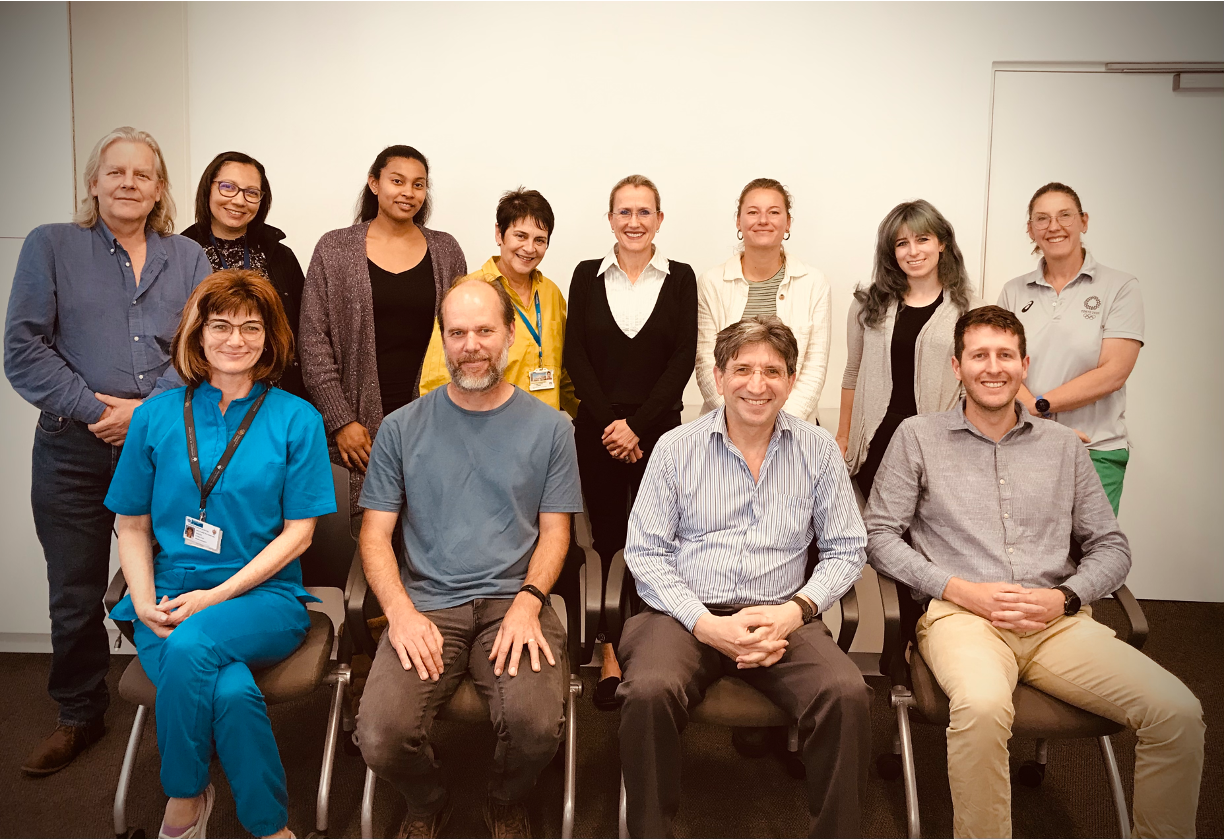
Protocol for a large-scale prospective neuroscience resource
Mental, neurological, and substance use disorders are highly prevalent and significantly contribute to the burden of disease in South Africa and the African continent. It is a burden made heavier in many circumstances by the presence of one or repeated traumatic brain injuries among adolescents and adults. Not only has there been growing recognition of the importance of mental health and brain research globally, but there have also been innovative developments in a range of methodologies, including in neurogenomics and neuroimaging.
Large biobanks have contributed to global health in several ways (1) multi-dimensional phenotyping and genotyping data have allowed analyses of mechanisms underlying risk for and resilience to disease, (2) community engagement with participants has provided a foundation for undertaking a range of associated clinical trials, (3) an open-access model has encouraged the participation of a broad range of scientists, with the democratization of the scientific activity, and significant capacity building and (4) biobanks focused on neuropsychiatric disease, substance use, and mental health have contributed to this key area of research.
However, these valuable biobank resources tend not to be representative of the South African population - there is a significant need to develop capacity in big data science in Africa.
Therefore, we are establishing the African Brain Health Genomics Project (ABHGP), to collect phenotype and genotype data from individuals with several mental, neurological, and substance use disorders in South Africa and ultimately, in other African countries. In doing so, we hope to contribute to improvements in the assessments of these disorders and improve our current understanding of the importance of community brain health; while at the same time improving community participation in science; and increasing the capacity for phenotyping and genotyping on the continent.
An emphasis on:
- Providing a public health good by fostering open-access science with transparency and inclusivity.
- Community engagement, including the scientific community and the general public.
- Appropriate governance and ethics.
- Capacity building.
Ultimately the aims of the ABHGP are:
- To establish a large-scale, prospective neuroscience resource encompassing mental, neurological, and substance use disorders, including individuals representing the South African (and eventually African) population.
- To investigate risk and resilience factors and their underlying mechanisms for mental, neurological, and substance use disorders through phenotyping and genotyping of a large South African (and eventually African) cohort.
The ABHGP will be led by Prof Dan Stein but will bring together researchers from the Neuroscience Institute through one collaborative genomics research platform. Key leaders in the work include Assoc. Prof Nastassja Koen and Dr Nynke Groenewold (from Psychiatry), Prof Lawrence Tucker (from Neurology), and Dr Sally Rothemeyer (from Neurosurgery), while a broad additional range of collaborators have contributed expertise on phenotyping and genotyping.
